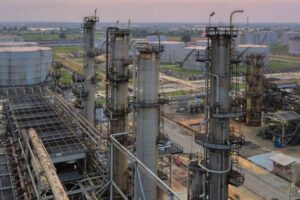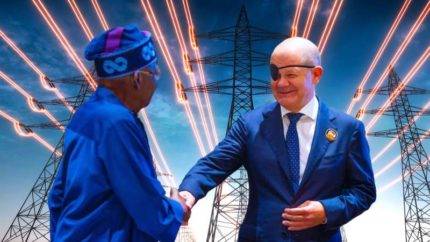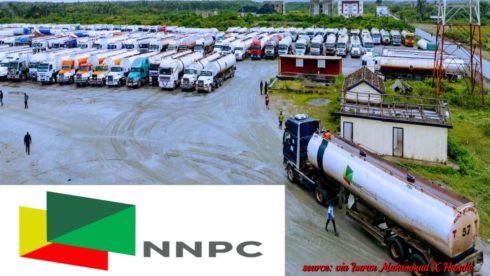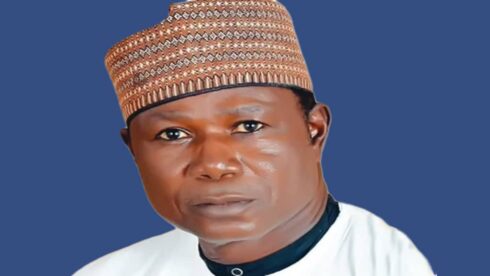On the sidelines of the ongoing UN Climate Change Summit, COP28, in Dubai, Nigeria-Germany have inked a monumental deal—the Presidential Power Initiative (PPI). The agreement, graced by Nigerian President Bola Tinubu and German Chancellor Olaf Scholz, aims to infuse a staggering 12,000MW into Nigeria’s national grid.
The signing, spearheaded by Kenny Anuwe of the Federal Government of Nigeria Power Company and Nadja Haakansson from Siemens AG, signifies a pivotal commitment to power infrastructure development. Anuwe emphasized the government’s steadfastness towards this sector, highlighting its centrality to ongoing reforms. He stressed the significance of electricity and financing, which constitute the core of the economic reform agenda under Tinubu’s leadership.
Historical Progress and Significance of the Nigeria-Germany Agreement
This agreement marks a crucial milestone in a journey that traces back to the Buhari administration in 2018 when discussions were initiated with Siemens Energy AG. Joe Kaeser, Chairman of the Supervisory Board at Siemens Energy AG, expressed his delight at the progress made since then, linking the agreement to the ambition of supplying energy to benefit Nigeria’s populace. He applauded the evolution of the agreement, echoing the sentiment that good things indeed take time.
Nigeria-Germany Deal’s Financial Backing and Project Outcomes
Minister of Power, Adebayo Adelabu, shed light on the financial aspects, revealing that the project will be financed through a government export credit facility from German banks. Though the exact cost remains uncertain, the initial agreement estimated $2.3bn. However, the current cost stands at around $60m, covering the importation of critical equipment delivered by Siemens, such as transformers and power mobile substations.
Adelabu emphasized the commitment demonstrated by both governments through this agreement, highlighting its potential to revolutionize Nigeria’s power sector. The project aims for comprehensive grid stabilization, promising improvements in power supply regularity, functionality, and affordability in the foreseeable future.
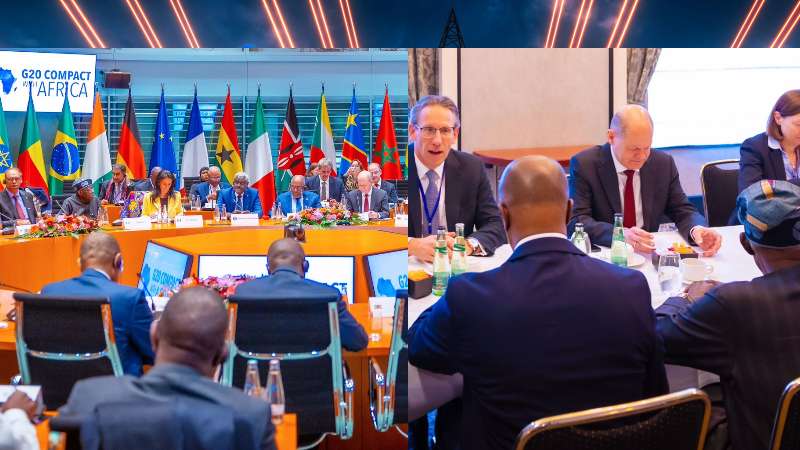
Impact and Future Prospects
This signing represents a pledge towards transformative change in Nigeria’s power landscape. It follows discussions between Tinubu and Scholz during the G20 Compact With Africa Conference in Berlin, underlining the multifaceted commitment to enhancing power and rail infrastructure. Anticipated activities in the coming months signal a progressive stride towards realizing the objectives outlined in the Presidential Power Initiative.
Tinubu Vows Accelerated Implementation of Siemens Power Initiative
Under the stewardship of former Lagos State governor and presidential aspirant, Bola Tinubu, the Siemens-supported Presidential Power Initiative (PPI) is set to undergo a transformation, promising a more decisive and rapid execution. Speaking at a high-profile meeting, Tinubu emphasized his commitment to injecting renewed urgency into the project, addressing the staggered and inconsistent progress that has plagued its implementation thus far. The focus is on harnessing Siemens’ advanced technology across all facets of the initiative to ensure sustained success.
Tinubu’s unwavering dedication to advancing the Siemens Power project was unequivocal. He underscored the potential for this venture to create skill development prospects, particularly for Nigeria’s talented youth, fostering their active participation in maintaining and advancing the energy industry. The promise to prioritize skill development aligns with a broader agenda of fostering homegrown talent and addressing unemployment among the country’s youth population.
In response, German Chancellor Scholz expressed a willingness to support the initiative, recognizing the necessity of overcoming administrative and financial obstacles stemming from previous governance challenges within Nigeria’s energy sector. Scholz acknowledged the substantial groundwork already laid out by Siemens but highlighted the critical role of the new government in surmounting follow-up actions necessary for the initiative’s success.
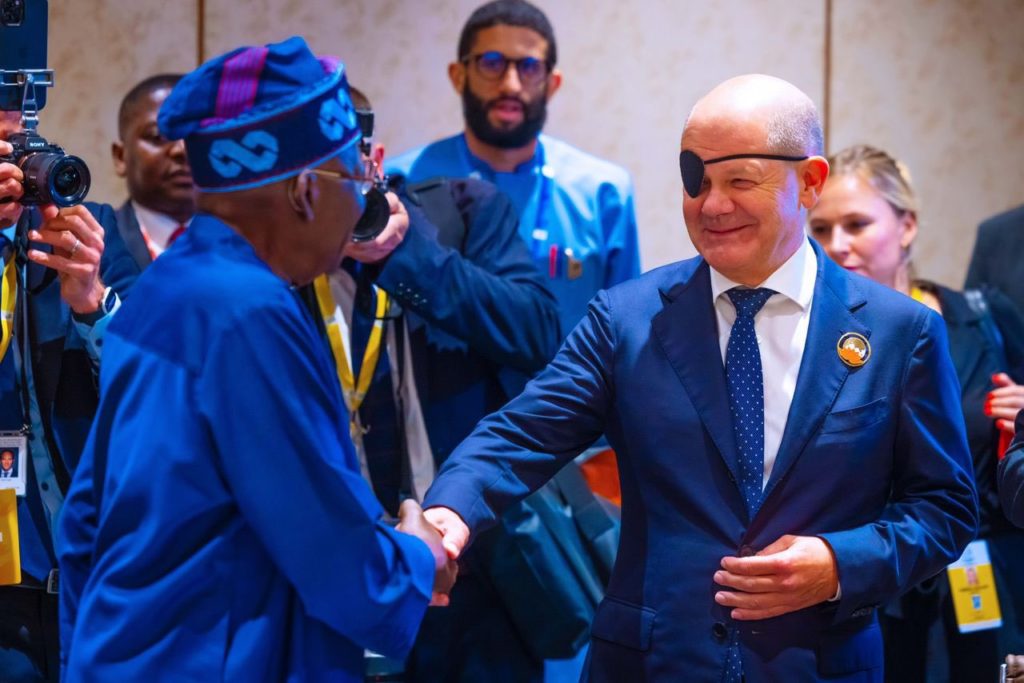
Challenges and the Road Ahead
Acknowledging Nigeria’s existing energy production capabilities, Scholz pointed out the glaring gap between generation and effective distribution to the populace. He emphasized the imperative of bolstering infrastructure and power grid provisions to ensure that electricity produced is efficiently delivered across the country. Siemens as Nigeria-Germany contract, equipped with a comprehensive plan, awaits the new government’s proactive measures and commitment to translate these plans into tangible actions, indicating a crucial juncture demanding prompt and resolute decisions.
The Nigeria-Germany collaborative efforts between Tinubu’s commitment to revitalizing the Siemens Power project and Scholz’s readiness to assist underscore a renewed hope for Nigeria’s energy sector. However, the success of this ambitious endeavor hinges on overcoming bureaucratic hurdles, fostering intergovernmental cooperation, and implementing a synchronized approach to address the longstanding challenges impeding efficient power distribution across Nigeria. The forthcoming actions and strategies from the new administration will undoubtedly shape the trajectory of the Siemens-supported initiative, potentially paving the way for a transformative shift in the nation’s power landscape.
Table of Contents
Discover more from OGM News NG
Subscribe to get the latest posts sent to your email.








